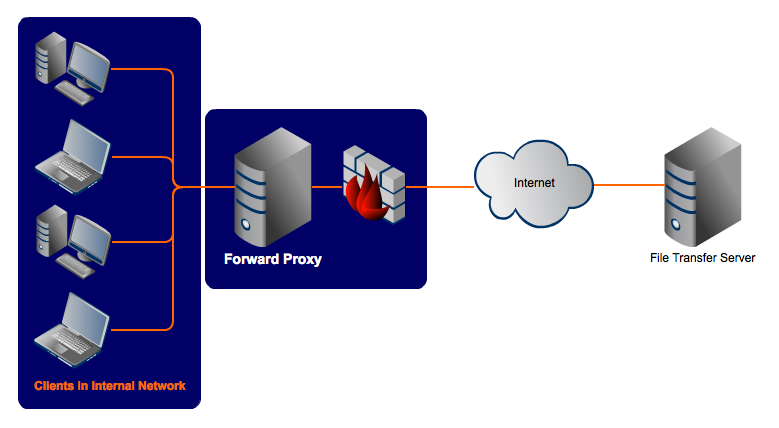Geo-restrictions, or geo-blocking, are limitations set by websites and online services that restrict access based on a user’s geographical location. Many streaming platforms, e-commerce sites, and even social media networks employ geo-restrictions to control the accessibility of their content. For instance, a streaming service might make certain movies or shows available only in specific countries due to licensing agreements. To circumvent these restrictions, individuals and businesses often turn to residential proxies a powerful and reliable tool for accessing restricted content while maintaining a high level of security and anonymity. Residential proxies are a type of IP proxy sourced from real residential addresses. Unlike data center proxies, which are virtual and can often be identified and blocked by websites, residential proxies use IP addresses assigned to real, physical devices by an internet service provider ISP. Because they appear as genuine users, residential proxies are far less likely to be flagged or banned, making them ideal for bypassing geo-restrictions.

When using a residential proxy, your connection is rerouted through a server that masks your actual location and provides you with a new IP address from the region you wish to access. This new IP address allows you to access the content as if you were physically located within the permitted region. For example, if you are in the UK and want to access a U.S.-based streaming service, a residential proxy with a U.S. IP address would enable you to do so seamlessly. Residential proxies not only help individuals enjoy unrestricted access to content, but they are also widely used by businesses for market research and competitive analysis. For instance, an e-commerce company looking to compare prices across different regions can use residential proxies to access localized sites. These proxies allow companies to gain insights into competitor pricing, product offerings, and promotions without alerting the target sites of their interest.
Security is another major advantage of residential proxies. By masking your true IP address, they provide a layer of anonymity that can protect you from potential tracking or targeted ads based on location data. This is particularly beneficial in regions where internet surveillance is strict, or for users who value privacy and anonymity. While residential proxies are powerful, it is crucial to source them from reputable providers. Cheap or unreliable proxies can expose your data to risk and may even get you blocked. Reputable proxy providers offer high-quality, diverse IP pools that ensure a stable and secure browsing experience. In sum, cheap residential proxies are a robust solution for bypassing geo-restrictions, providing both individuals and businesses with the means to access content, conduct market research, and protect their online privacy regardless of geographical barriers.

